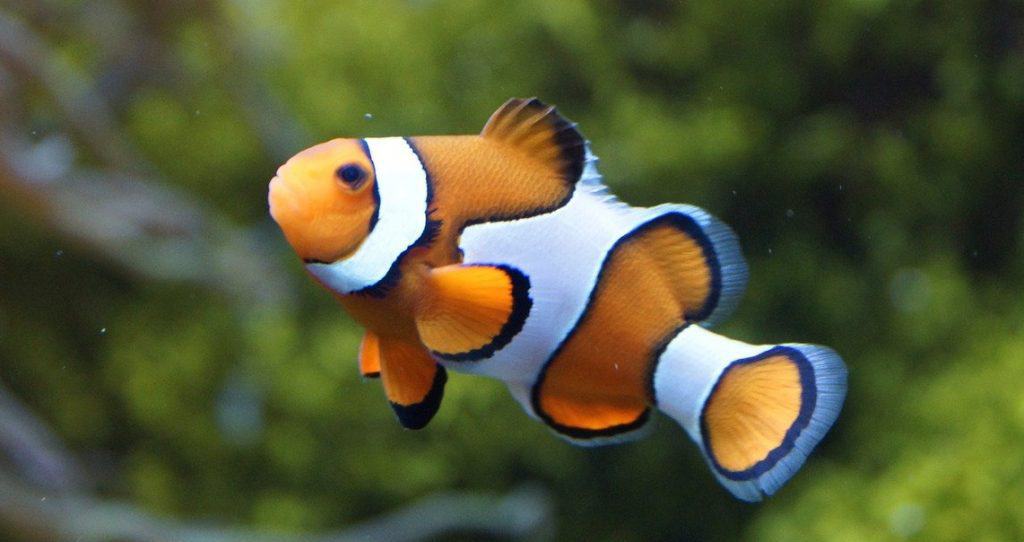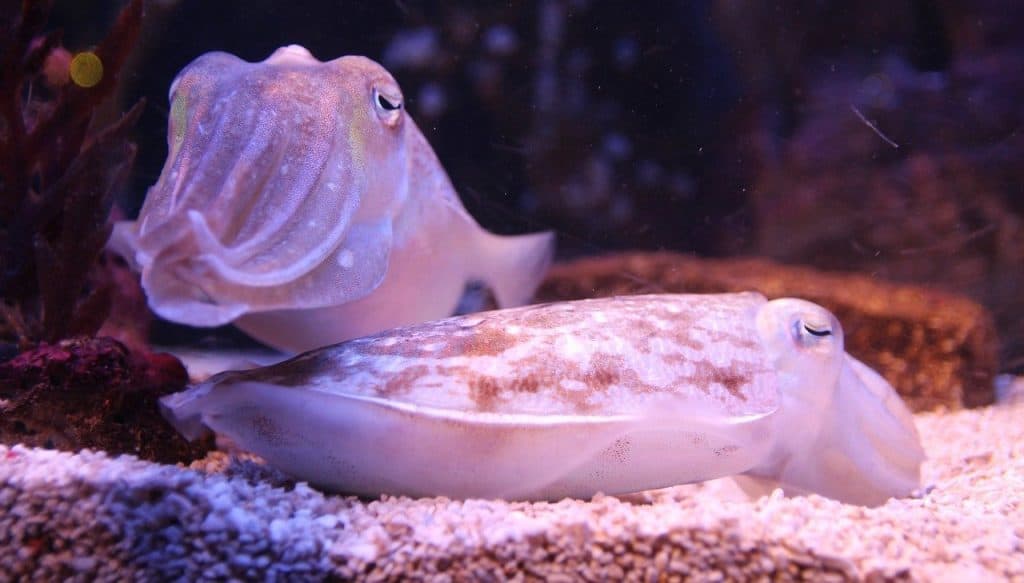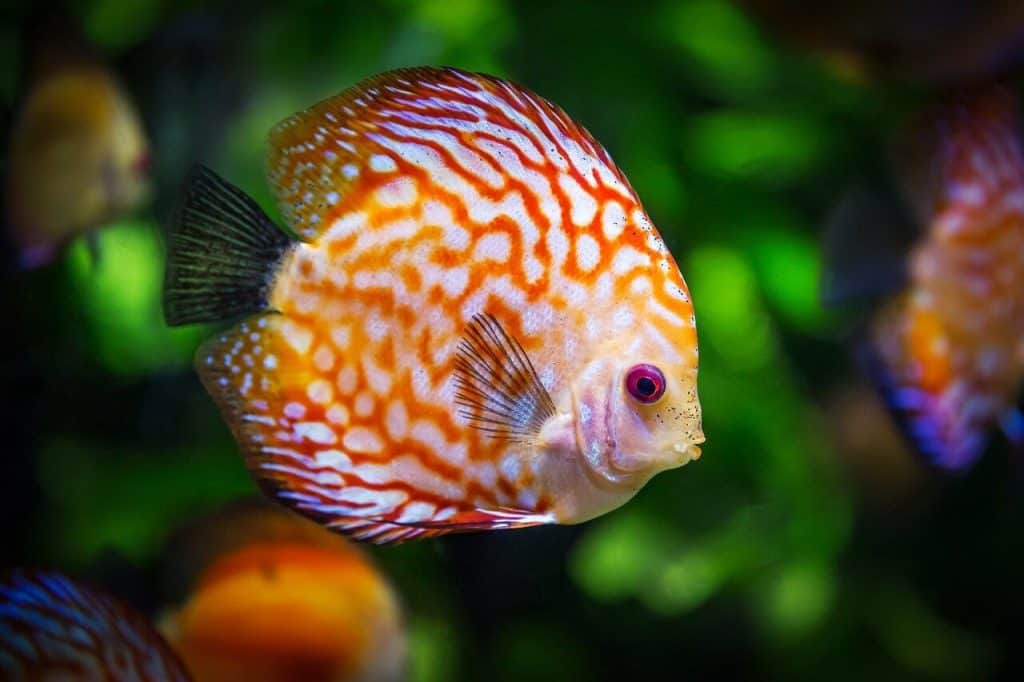You all must be very inquisitive about why fish have scales. Let us tell you very interesting facts behind it.
You are rightly wondering about the scales of fish as these are so attractive to eyes.
Not all fish have scales, but most of them have. Fish which do not have scales, have some other layers on the body to play the same role as scales do.
Table of Contents
Different Purposes of Scales on Fish:
Do you know that scales have multiple purposes?
Some of those are as follows:
- First of all, scales cover and protect fish bodies as clothes do to the human body.
- It takes a lot of energy and strength to swim deep in the water and sea, and this robustness is provided by scales to the body of the fish.
- Moreover, adding an interesting fact here that scales are great repellents to other organisms which could harm fish if they get attached to them.
Different Types of Fish Scales:
Contrasting and distinct scales of fish are categorized in four categories that are very interestingly named like placoid, cycloid, ctenoid and ganoid.
Each one of these scales have different characteristics, appearances and functionality. And all this depends upon the type of fish and their habitat.
Even types of scales differ in shapes and sizes.
We know you people must be curious to know more about the types of scales and wanting to know which fish has which type of scales. We surely do not make you wait more, so here is the tale of scales for you all.
1- Placoid:
These are multiple layered scales. And these are special one as these primitive scales can be found on Shark’s body. What makes them different is the characteristic that these scales grow in numbers with the growth of fish, the same as human skin cells increasing in number as the body becomes bigger. These scales are the hardest.
2- Cycloid:
This type comes under the category of advanced scales. And fish having these types of scales have oily and greasy appearance and are slippery and slimy to touch. Cycloid scales are thin. And you know what is really very intriguing is you can guess the age of fish with cycloid scales by looking for rings in scales because these scales increase with the age and this increment in the scales can be clearly seen in the rings. Minnows fish have these scales.
3- Ctenoid:
Sunfish and Drum Fish must be happier as these fish have Ctenoid scales which have small, comb-like protrusions on its body which helps these fish to swim more faster and efficiently.
4- Ganoid:
These scales come under the category of primitive scales. And to increase your knowledge let us tell you that these scales get bigger with the size of fish. This question must have popped up in your minds: why are these scales named Ganoids?
Here is the scientific reason for this question that these scales are made from ganoine. And what is Ganoine? Yes, Ganoine is a tissue which has a glossy and lustrous appearance and has a lot of minerals in between the layers. What makes these scales even more beautiful is their diamond shape.
Fish such as Coelacanths, Gars, Bichirs etc have Ganoid scales.
Do All Fish Have Scales?
Surely not, there are some types of fish with different body types and structures which do not need scales. But why? As the scales are very helpful for many reasons.
Because these fish simply do not rely upon scales. These fish have such cuts and shape of body that help these fish to swim swiftly without scales. These fish protect themselves by releasing chemicals and enzymes from the body.
What Basically Scales Are?
Here comes one more intriguing fact that the scales basically are the bones. Some are harder ones and some are thinner. It all depends upon the habitat of the fish and the swimming capacity.
Fish Without Scales:
Let us tell you a name of fish without scales and that is a catfish.
Is There Any Modification In Scales?
Yes, some scales get modified by their environment and its needs. But this happens rarely and in some conditions.
Fun Fact About Fish:
This must not be a fun fact for fish for sure. But do you people know that there is a term ‘Lepidophagy’.
What is Lepidophagy?
As we already know that fish scales are rich in minerals and nutritious. High levels of calcium accumulate in fish scales because scalea are bones.
Now come to the term Lepidophagy which defines the behavior of some fish which includes eating scales of other fish.
Horrific! isn’t it?
This is all for today, we will come back to you with some more interesting information and knowledge on many more topics. Till then enjoy reading this and share it with your family and friends.





